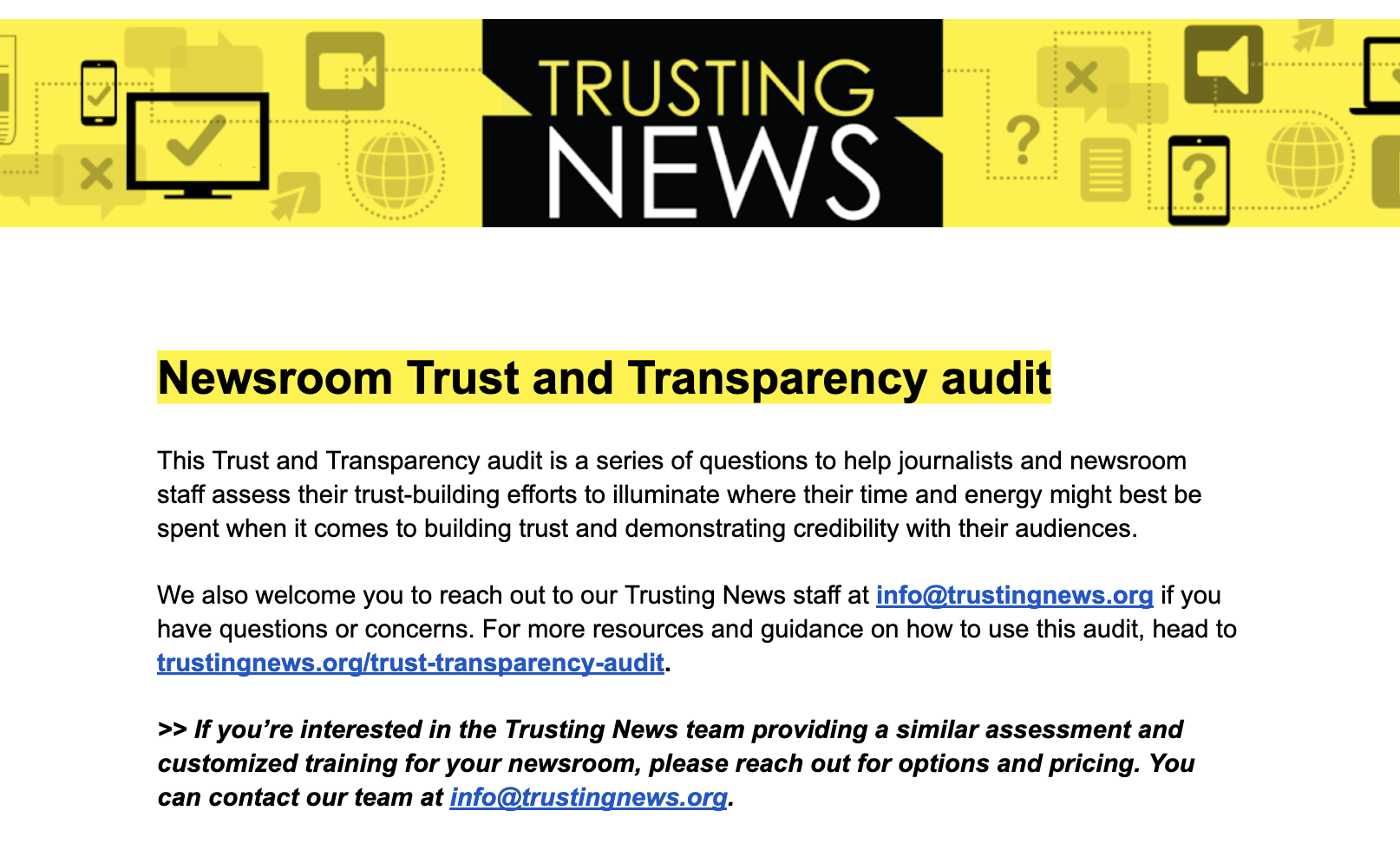
Thurman James -- World News Trust
Sept. 13, 2009 -- The entrepreneurial spirit of the American people has always been the driving force behind the growth and strength of our nation, but the suggestion that a corporation should have the same civil rights and privileges enjoyed by living human beings is absurd. The very idea that the United States Supreme Court would even consider the question of corporations funding political campaigns seems hostile to the principles of democracy we all learned as children, but in America today, large corporations and powerful monetary interests are poised to become the not-so-silent owners of the United States government.
Our history contains numerous examples of the abuse of corporate power in labor disputes, legislative influence, and the pursuit of unfair market advantages since before the founding of the nation. When the signers of the Declaration of Independence staked their lives, fortunes, and sacred honor in revolt against the tyranny of despotic monarch, they were declaring their independence from the oppression of corporate power as well. The Tea Party of 1773 was a protest directed as much against the behavior of the British East India Company as it was the Crown.
According to a first hand account, attributed to George Hewes, a participant in the Boston Tea Party, “The [East India] Company received permission to transport tea, free of all duty, from Great Britain to America …” thus enabling the company to devastate colonial wholesalers and individual merchants by monopolizing the tea trade in America.
The British East India Company (BEI), founded in 1600, was a powerful corporate interest with close ties to the the monarchy and many members of the British government. Like many of it's multinational counterparts today, by the late 1760s BEI found itself overextended and near insolvency. Rather than being dissolved into several smaller, more competitive enterprises, BEI lobbied the Crown for legal favors aimed at gaining a competitive edge over it's less powerful competitors.
Since the king and many in Parliament were stockholders, it was an easy task for BEI to get favorable legislation passed. Between 1681 and 1773, a series of laws exempting the corporation from taxes and granting it a legal monopoly on all tea sold in the colonies were enacted, allowing BEI to undercut its competitors and dominate the industry. The economic effect was especially devastating in the American colonies and helped to ignite a long and bloody war for American independence.
After fighting a terrible war against the combined tyranny of monarchy and corporate influence, the founders of the American republic retained a healthy respect for the hazards of unregulated corporate power. Early corporate charters in the United States were granted for specific purposes and limited durations. Corporations were tolerated only for clear-cut, limited purposes such as the building roads or canals, and could be easily dissolved if their charters were violated.
The Civil War era was a boon for corporate America and the foundations of the modern military-industrial complex were established as government spending translated into huge profits for a few enterprising commercial interests. The excess profits from these endeavours were often put to use influencing national and state legislatures to grant such privileges as limited liability, extended charters and the loosening of government oversight.
The crowning achievement of the cult of corporate personhood occurred in 1889, in the case of Santa Clara County v. Southern Pacific Railroad. It wasn't the decision of the court that kicked open the door, but the syllabus notes of a court reporter that have been misused to this day as precedent for granting corporations rights equal to those possessed by human beings. Since then the Fourteenth Amendment, enacted to protect the rights of freed African American slaves after emancipation, has been much abused in conferring rights and privileges that are the natural birthright of all human beings onto artificial corporate entities.
Money is power, and transnational corporations soon perfected the science of funneling money into their coffers. In 1941 the Temporary National Economic Committee concluded its report, "Investigation of Concentration of Economic Power" by stating that, "the principal instrument of the concentration of wealth has been the corporate charter ..." and so, armed with massive financial resources and their ill-gotten rights of personhood, corporate power and influence today is greater than the combined will of the entire American working class, and far better organized.
The disproportionate influence of a few corporate executives, acting under the guise of corporate personhood is in direct opposition to the democratic principles on which this country was founded. Corporate personhood is a flawed, despotic idea which has been allowed to evolve and strengthen for far too long. That the Supreme Court of the United States would even consider a case based upon such a ludicrous, undemocratic idea is proof of just how dire the situation has become.
Corporations, as they exist today, have only one purpose: to increase profits and shareholder dividends by any means necessary. Corporate entities are now allowed to exist virtually forever; a feat no living person could ever hope to achieve. People need rest, nourishment, shelter and a host of other resources to survive, but corporations are artificially conceived business associations that need none of these things.
Those who favor the confirmation of corporate personhood would permit them even greater influence over our electoral and legislative processes and stand to gain limitless political and social power.
The people of the United States ought to be marching in the streets demanding immediate reform and greater corporate regulation. Corporations should only exist for the greater good of mankind. No person should spend his or her life working for a pittance while producing ever greater power and prosperity for a privileged few, and a handful of wealthy individuals should never have the power to indenture the working people of this or any other nation for their own selfish desires.
Corporations are not people and since no person lives forever, neither should corporations. Within five years of the death or retirement of its last founding officer, all corporate enterprises should be dissolved unless the institution is essential to the general welfare of the nation, in which case it should be cautiously and equitably nationalized. For example, energy producers, telecommunications companies, transportation and infrastructure services, and similar enterprises should be carefully transitioned into regional, non-profit corporations, state and federal services, or worker owned co-operatives with strict operational controls to ensure that public interest always trumps the desire for private gain.
Current tax laws and loopholes must also be reformed. Corporate executives must be forced to pay their fair share of income taxes and support the society from which they profit, either by personal income taxes or through the business. Corporate profits in excess of modest shareholder dividends should be taxed progressively while ensuring that strict governance regarding the legitimate reinvestment needs of the enterprise and equitable compensation regulations are met for all employees.
The entrepreneurial spirit of the American people has always been the driving force behind the growth and strength of our nation. Those who start new businesses or bring new products into the market should reap significant rewards for their risks and efforts when their enterprises succeed, but strict limits on the size, power, and lifespans of corporations need to be designed and implemented to protect the rights and to promote the general welfare of all people.
***
Thurman James is an aspiring writer, artist and advocate for peaceful revolution. He seeks real world solutions to real world problems, even when the solutions he finds are far off the beaten American path. He believes in doing what matters, and encouraging others to do the same.
This essay first appeared at An American Heretic











